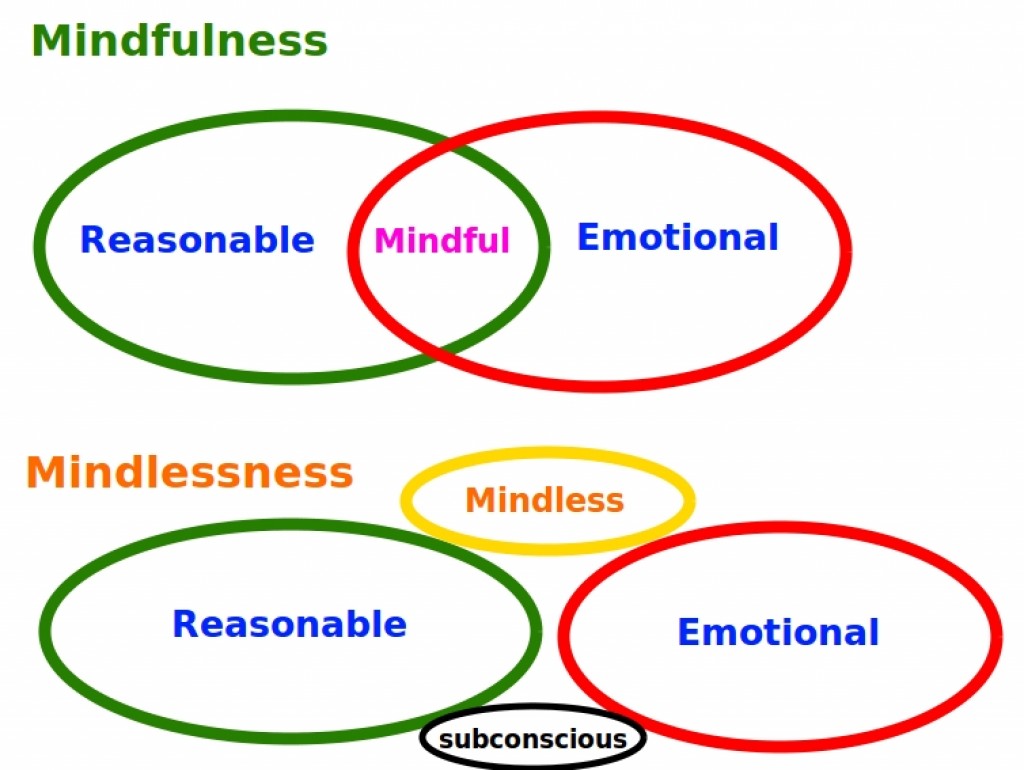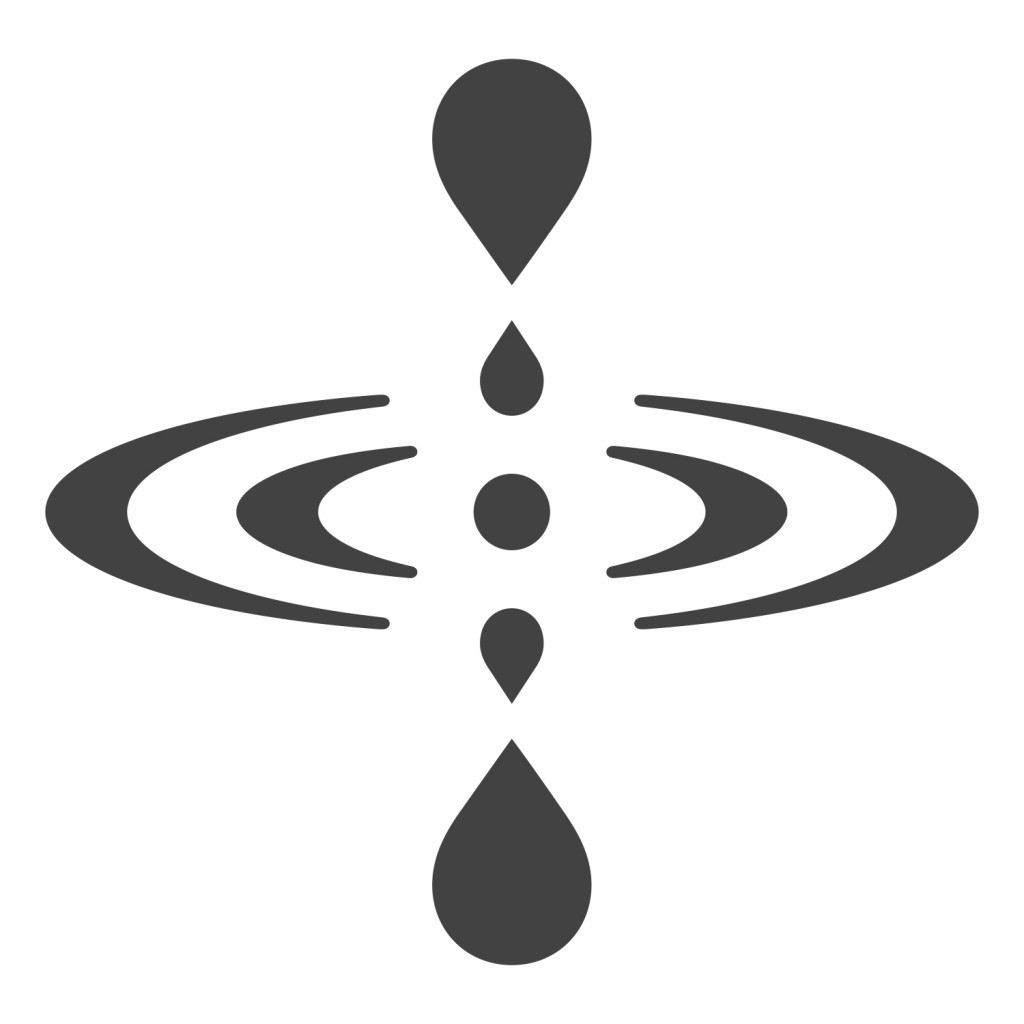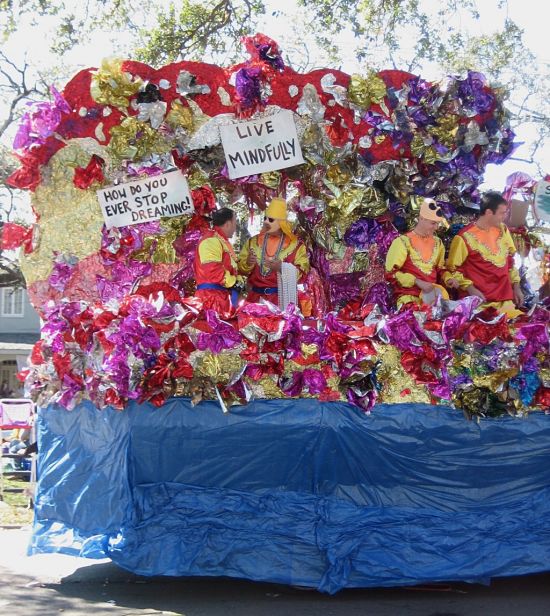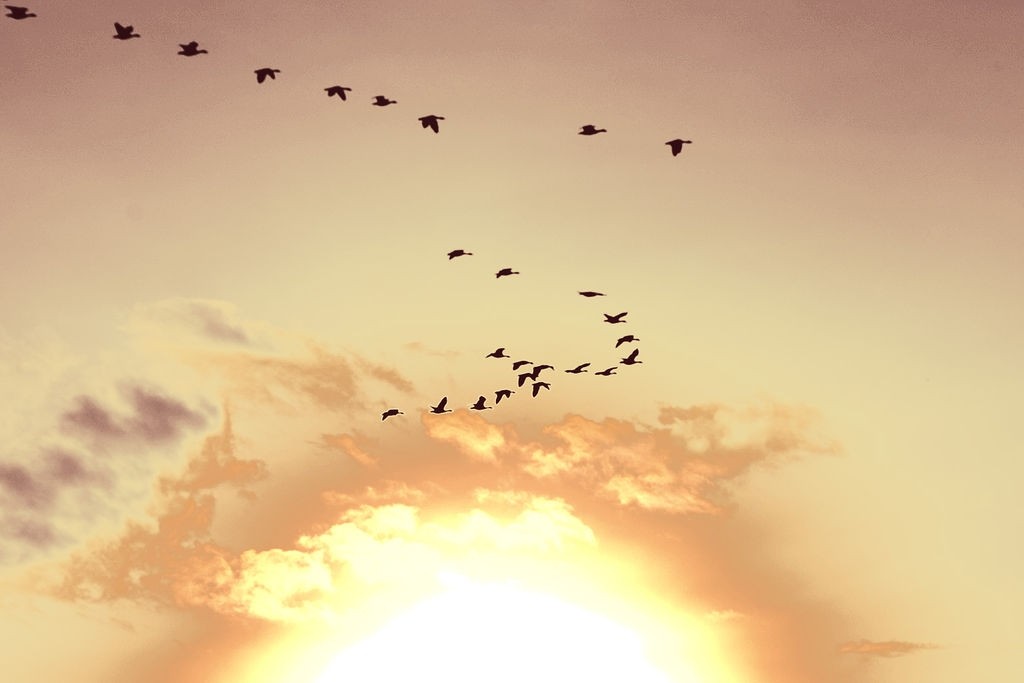Less Mindful Thinking: Use Mindlessness to Unleash Your Mind to Wander
The concept of mindfulness pervades everything. There is mindful eating, being mindful at work, mindful art, mindful behaviors and mindful attitudes to exercising and play. But rebellion is growing. People don't want their fitness bands or calorie monitoring apps endlessly nagging them to keep you on track and functioning within narrow borders.
Mindfulness can be very exhausting, triggering endless incoming streams of decisions about minute details for everyday things. But, stop worrying there are alternatives. You can rely on structure, frameworks and simple 'tricks' to keep you on track in mindless ways that don't require constant conscious thinking about every decision you make or things that you do.
Mindlessness unleashes your brain to wander and think laterally in creative ways. It is simply a matter of shedding old habits with new ones, and having structure and controls in place to keep you on track and ways to deal with flaws in your willpower and other weaknesses.
A simple example is to control portion sizes by using a small plate rather than having to consciously eat less at every meal. You may simply decide to Eat the Better Half of each meal. Or you may decide to skip lunch so that you will eat less. This is much easier to do than trying to mindfully eat less at each and every meal.
Using an ordered stack of sticky notes is a simple way of implementing a priority list of things to do. You start each day by writing down your priorities on these notes with the amount of time you want to spend doing this task. Order them with the highest priority at the top. Do it once and you free your mind from the endless clutter and disruption of confusion about all the things you have to do. Clutter can be distracting, but it is also creative, so stop worrying about it.
Another simple trick is to always develop options and alternatives to your preferred path or objectives. If the first option fails you already have a set of other alternative in place that you can adopt. Always have a fall-back scenario and a pathway to achieve it. This reduces the stress of having to cope when things go wrong.




What is Mindlessness?
Mindlessness assumes that your body can unconsciously deal with most things as it has always done. It means that occasionally you will be required to make snap decisions based on informed intuition and pre-planning.
You can control things by defining frameworks and structures. The benefits are that a wandering mind can be a lot more creative and can engage in 'lateral thinking'.
Removing the clutter and constant stream of decision making, and prompts, free the mind and reduces stress. This allows your mind to operate more freely, more creatively and more decisively.
It allows you to consider, more and less constrained and restricted options, and perhaps more risky, but rewarding options.
How to Apply Mindlessness?
Diet and Food
There are simple rules and structures that can be used to control what you eat and how much you eat.
► Smaller plates to reduce portion sizes
► Intermittent fasting to reduce your total calorie intake, daily and weekly. Skipping lunch means that you can be less mindful about what you eat for the remaining meals
Decision Making
Discover and appreciate the power of the snap decision using your experience and gut instincts. Make quick decisions and move on. This frees your mind to make better, smarter, fast decisions about other things. It also means that you are less likely to miss fleeting opportunities that come your way. If your head is in the sand or distracted, trying to wade through all the issues you face, you may miss these fleeting opportunities.
There are benefits of being 'light-footed' and flexible. Snap decisions can be incredibly productive. The other way to do this is to rely more on delegating the decisions to someone you trust or even use a personal assistant or outsourcing methods
Less Regimented Exercise Routines and Schedules
Exercise apps, running and walking apps and other devices that provide feed-back and prompts about goals and routines can become very annoying. Do you really need to count steps or strides for every run or walk you undertake? Do you really need to know your heart rate and calorie burning rate at every instant?
Having a freer, more varied approach incorporating cross-trainingand intervalswork can be very beneficial.Reducing the boredom of a fixed regime for running, jogging and walking can also help you achieve your goals and have more fun! Switch off the trackers and enjoy yourself. You already know the distance for you walk or run and the time it should take.
Adopt Simple Ways of Planning and To Do Lists
Planning apps and to do list software are fine, but they can become too complicated and you may find yourself spending too much time serving their needs and requirements. Apps that send you a constant stream of reminders and lists can be exhausting, distracting and can clutter your thinking.
A pile of sorted sticky notes is an efficient and simple way of deciding what you want to do, the priority for the tasks, how much time to spend doing reach job and when you want to do them.
Write down the list of tasks at the start of each day, including tasks left over from the previous day.
Decide on the priority order for the tasks by sorting them on your desk. Decide how much time you want to devote to each task and write it on the note. You may want to do a set of quick tasks first the get them out of the way. Or you may decide that a major task should be done first before doing anything else. Very few people can multi-task effectively. Make the decisions and then gather the notes into a pile in order of priority, with the highest priority one at the top. Job done!
Now you have freed yourself from the clutter and confusing and having to thinking about all the things you have to do throughout the day. You have made the decision and can do the tasks one at a time, knowing you have 'all the bases covered'.
Be Less Polite and Less Considerate in Meaningful Ways
There is a lot of excess baggage and clutter associated with how you deal with decisions about your life and how it affects other people.
Without being rude, inconsiderate, or aloof, you need to define the rules and find quick ways of dealing with socially responsible decisions. Basic politeness and being socially conscious is exhausting and can be counter-productive and inconclusive. Change the rules and the way you interact with people so that you can make snap decisions and shed the baggage and clutter of unresolved issues.
Focus on Flourishing, not Languishing
Mindfulness focuses on doing the mundane things better and ensuring you are on track to achieve your goals. But this may mean that you are languishing - not realising your full potential beyond your current horizons.
Mindlessness can keep you open to discover new things and new opportunities. It can change your focus and horizons.
Freeing your mind from the shackles of having to make endless conscious decisions about the minute details of your life can mean that you flourish and realise your full potential in life.
It has been estimated that about 20% of people languish having unfulfilled lives, and 20% are flourishing realising their full potential. The other 60% of people manage their lives from day to day and feel that they are coping, but know they are capable of much more - the glass is half-full.
Many people flourish because they are less mindful and more creative. Mindlessness is the way to go!